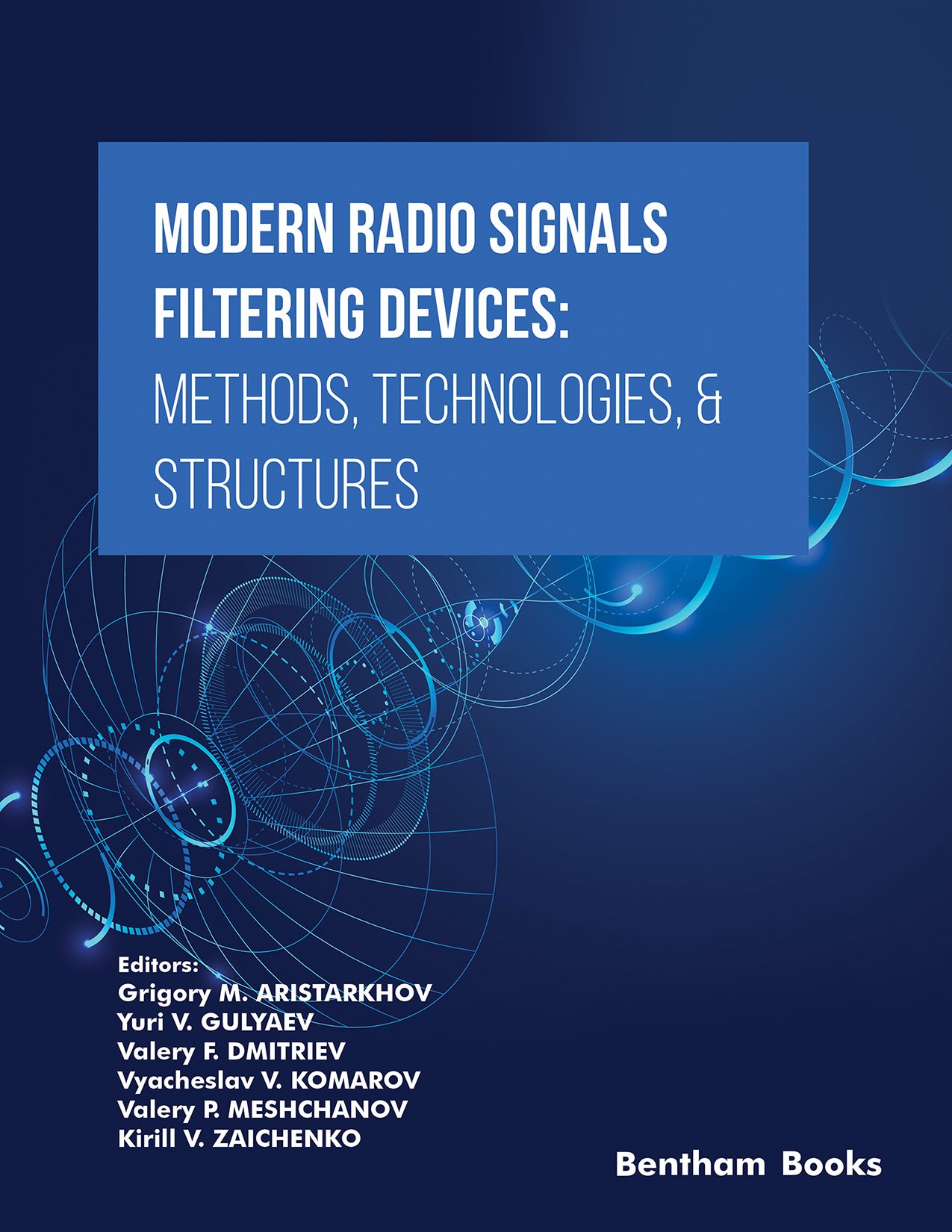Introduction
This comprehensive book covers spectral analysis theory for radio signals and innovative devices designed for filtering electromagnetic waves across diverse frequency ranges. The book features 14 chapters that explain the working of devices utilizing surface and bulk acoustic waves. The chapters provide insights into acousto-optical and acousto-electronic Fourier processors' design principles, description methods, and characteristics. The inclusion of algorithms for multi-channel frequency discriminators enhances the precision of radio signal frequency measurements, ensuring stability in tracking frequency meters amidst intense interference.
The book also includes mathematical modeling and experimental studies of waveguide microwave filters and X-band multiplexers, specifically tailored for non-pressurized radio electronic equipment in space communication systems. Notably, the book introduces readers to a compelling alternative to conventional filters: 2-D periodic structures in the form of thin perforated metal meshes that offer compact solutions for millimeter and sub-millimeter wave systems.
A significant portion of the book is dedicated to the development of highly selective microstrip filters, incorporating complex topological structures with limited resonators and numerous couplings. This approach allows for the formation of numerous attenuation poles at finite frequencies, facilitating the achievement of high electrical parameters and compact filter sizes.
Engineers and scientists specializing in communication systems design and analog Fourier processors will find a wealth of well-established and original solutions within this book.
Readership
Communications engineers and technicians who require an understanding of modern radio signal filtering devices and technologies.

